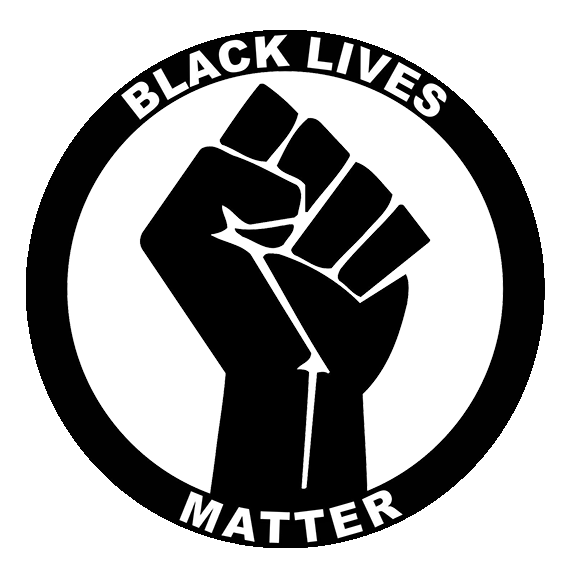What is trauma?
Trauma, in psychology, refers to an emotional response to a distressing or disturbing event that overwhelms an individual’s ability to cope. These events can be singular, such as a natural disaster or a car accident, or they can be prolonged and repetitive, like abuse or neglect. Traumatic experiences can lead to a range of reactions, including feelings of fear or helplessness, as well as physical symptoms like increased heart rate or sweating.
What is Post-traumatic Stress Disorder (PTSD)?
Post-traumatic Stress Disorder (PTSD) is a condition that can develop after experiencing or witnessing a shocking or dangerous event, such as war, natural disasters, assault, abuse, or accidents. Both children and adults with PTSD may feel anxious or stressed, even when there’s no immediate danger.
Signs of PTSD include persistent stress and fear after the danger has passed. These symptoms can disrupt daily life, affecting school, work, or relationships. To be considered PTSD, these signs must last more than a month and significantly impact one’s daily functioning.
Cognitive Behavioral Therapy (CBT), Eye Movement Desensitization and Reprocessing (EMDR) can prove helpful along with supportive relationships and self-care practices.
What is Complex Post Traumatic Stress?
Complex Post-Traumatic Stress Disorder (C-PTSD) is an anxiety condition closely related to PTSD but with additional symptoms. Originally identified in war veterans, PTSD can result from various traumatic events such as accidents, natural disasters, near-death experiences, or acts of violence.
However, when the trauma is prolonged and recurring, it becomes Complex PTSD (C-PTSD). The main difference between PTSD and C-PTSD is that while PTSD is caused by a single traumatic event, C-PTSD is caused by long-lasting trauma that continues or repeats for months, even years.
We actively listen to your experiences, aiming to understand them thoroughly. When you are ready, we collaborate with you to coach you on managing trauma using evidence-based approaches like cognitive-behavioral therapy (CBT) and eye movement desensitization and reprocessing (EMDR), if needed.
What is Attachment and Relationship Trauma?
Attachment trauma is a type of early relational trauma which happens when the healthy bond formation between a baby or child and their primary caregiver is disrupted. A strong attachment is built when caregivers consistently provide comfort, affection, and meet basic needs. However, a lack of affection or abusive behavious can result in attachment trauma.
We are here to educate, understand and help address attachment trauma as it is crucial for healthy relationships and emotional well-being.
What is Acute Stress Disorder?
Acute Stress Disorder (ASD) is a psychological condition that can develop after an individual has experienced or witnessed a traumatic event. This disorder is characterized by a range of symptoms that occur within a month of the traumatic incident.
Having a history of PTSD, dealing with prior mental health issues, and displaying symptoms like confusion or disorientation when confronted with trauma can heighten the likelihood of developing Acute Stress Disorder.
Managing Adjustment Disorder all by yourself?
Adjustment disorders involve exaggerated reactions to stress, manifesting as negative thoughts, intense emotions, and behavioral changes. The response to a stressful change or event is notably more intense than usual. This mental health condition arises when individuals struggle to cope with or adapt to a stressful life event. Managing Adjustment Disorder entails employing diverse strategies to address and alleviate the emotional and behavioural symptoms linked to the challenging situation.
Key Resources






Therapy Solutions
Our Process
Step 1: You book a 20 minutes consultation.
Step 2: We learn about you, understand you, listen to you and co-create a solution that works for you.
Step 3: We schedule you for 50-70 minutes long sessions depending upon your needs where we equip you with social, adaptive and emotional intelligence using science.


© Busic Consulting INC. 2020 - 2024. All Rights Reserved.
© Busic Psychology Professional Corporation, 2020 - 2024. All Rights Reserved.
Website design by
Suvii



